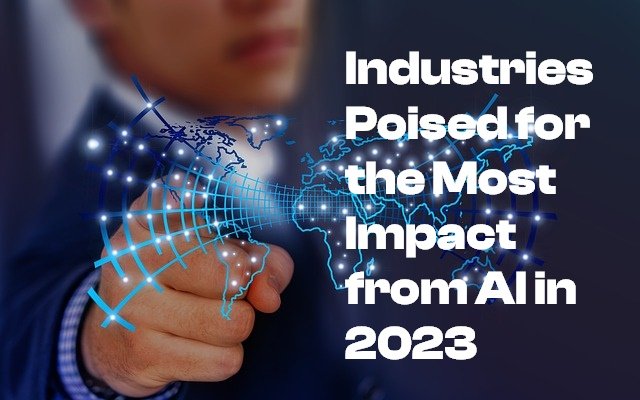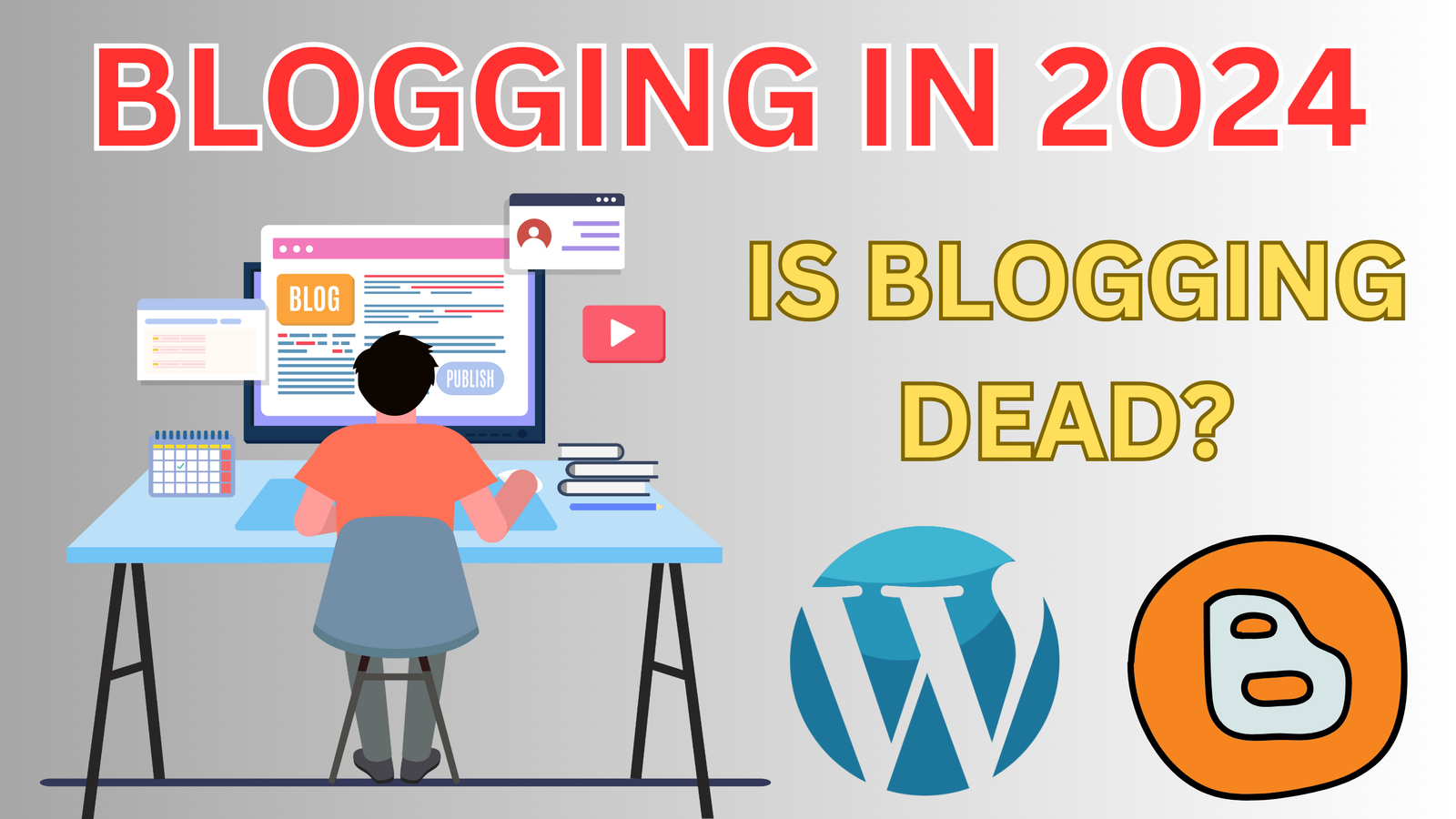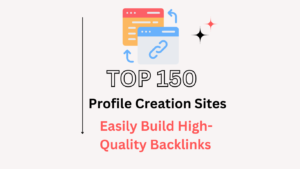Introduction:
Artificial intelligence (AI) has been a hot topic lately, sparking questions about how it will affect various industries and the future of jobs. While AI is poised to bring significant changes, it’s not all bad news. AI can greatly enhance industries and even create new tech jobs. In this post, we’ll explore how AI is set to reshape several key industries, and why many employers are considering AI as a valuable asset.
Cost-Effective and Efficient: AI systems are cost-effective. They don’t ask for raises, bonuses, or benefits packages, and they work tirelessly without rest. Moreover, AI can process data and perform tasks much faster than humans. This cost-efficiency and productivity make AI an attractive choice for employers.
Continuous Improvement Through Predictive Analytics: AI can continuously learn and adapt using predictive analytics. This allows it to identify and respond to patterns and trends efficiently, making it a valuable tool for tasks that require complex analytics and research.
Reliability and Consistency: AI doesn’t get sick, take vacations, or complain about workloads. Its reliability is a notable advantage. In scenarios where human employees might disrupt workplace culture, AI can serve as a dependable alternative.
Now, let’s explore the industries that are expected to undergo significant transformations in 2023 due to AI.
1. Marketing: AI can outperform humans in predictive analysis, making it ideal for targeted ad campaigns. It can automate creative tasks like social media content creation, leaving marketers to focus on more complex strategies. AI in marketing promises greater accuracy and efficiency.
2. Banking and Finance: AI’s speed and accuracy in processing data enhance the customer experience by predicting trends and providing personalized financial solutions. It can also handle mundane tasks like document processing, reducing costs and improving overall efficiency.
3. Healthcare: AI plays a role in robotic surgery, elevating precision and safety. It can predict patient health risks more accurately, allowing doctors to take proactive measures. AI’s image analysis capabilities expedite tasks like reviewing CT scans and X-rays, saving time for patient care.
4. Transportation: AI predicts traffic patterns and optimizes routes, benefiting the transportation industry. Self-driving vehicles, guided by AI, are on the horizon, promising enhanced shipping efficiency and road safety. The impact of AI on transportation is already evident in features like advanced GPS navigation.
Conclusion: AI is set to reshape various industries, offering cost-effective, efficient, and reliable solutions. While there are concerns about its potential to replace human jobs, AI should be seen as a tool that can enhance productivity, accuracy, and innovation in these industries. As AI continues to evolve, it will unlock new possibilities and drive positive change, shaping the future of work in ways that we’re only beginning to understand. Keep an eye on these developments as AI’s influence continues to grow in 2023 and beyond.

























